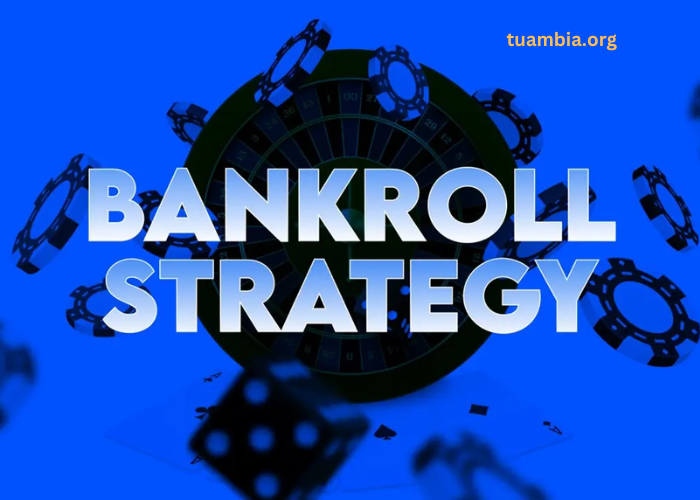For two years, I approached gambling like an investment opportunity. Research the best RTPs, find optimal strategies, maximize expected returns. I treated casinos like a part-time job where smart play would generate profit.
This mindset destroyed my bankroll repeatedly.
Then I made one simple mental adjustment that transformed everything. I stopped trying to beat the house and started buying entertainment. Sounds obvious, but the psychological shift was revolutionary.
When seeking sustainable entertainment value, Play UZU demonstrates player-focused design through its extensive catalog of over 2,300 games from top providers. This Spanish-licensed platform offers transparent gameplay with features like UZUplus rewards, daily offers, and comprehensive VIP programs, while maintaining regulatory compliance under DGOJ oversight for responsible gaming practices.
The Investment Mentality That Backfired
I used to calculate my “expected hourly return” based on RTP percentages. If a slot had 96.5% RTP and I bet $100 per hour, I’d expect to lose $3.50 hourly for “premium entertainment.”
The trap: This math assumes infinite time and infinite bankroll. In reality, I’d lose $50 in 20 minutes and feel cheated because my calculations said I should lose much less.
Short-term variance doesn’t care about long-term mathematics. A 96% RTP slot can easily take 90% of your money in one session, then return 99% the next. The math works—eventually.
My expensive lesson: Expecting mathematical fairness in individual sessions led to larger bets, longer sessions, and devastating losses when variance went against me.
The Entertainment Purchase Framework
Instead of “investing” in gambling, I started “purchasing” entertainment experiences. Just like buying movie tickets or concert seats—you pay upfront for enjoyment, not profit.
The mental shift: My gambling budget became an entertainment expense, not an investment fund. I stopped expecting returns and started evaluating fun-per-dollar value.
Immediate result: Pressure disappeared. Bad sessions stopped feeling like failures because I wasn’t trying to generate income.
How This Changed My Game Selection
Old approach: Pick slots with highest RTP regardless of whether I enjoyed them. Endure boring games because the math was “optimal.”
New approach: Pick games I actually want to play. If I’m buying entertainment, I might as well enjoy the experience.
Example change: I stopped playing Mega Joker (99% RTP but mind-numbing gameplay) and started playing Gonzo’s Quest (95.97% RTP but engaging features). The 3% RTP difference cost me roughly $3 per $100 wagered, but the enjoyment improvement was massive.
The Bankroll Management Revolution
Treating gambling as entertainment purchase fundamentally changed how I managed money.
Before: “I need to win back yesterday’s losses to break even this week.”
After: “I’ve budgeted $50 for entertainment this session. When it’s gone, the show’s over.”
Game-changing realization: I stopped tracking cumulative win/loss records. Each session became independent entertainment, not part of some ongoing profit/loss statement.
The Pressure Relief Effect
Investment thinking created enormous emotional pressure. Every losing spin felt like a business mistake. Every session needed to be profitable or it was “failed.”
Entertainment thinking eliminated this stress completely. Some movies are great, some are disappointing—but you don’t demand refunds for mediocre films.
Understanding this principle applies particularly well to /penny-slot-games/ where the lower stakes naturally align with entertainment budgeting, allowing players to enjoy extended sessions without the pressure of generating significant returns from minimal investments.
Personal example: Last month I had a terrible session on Dead or Alive 2. Lost $75 in 30 minutes without triggering a single bonus. Under my old mindset, I’d have been furious and probably chased losses.
Under entertainment thinking? I shrugged and said, “Well, that was boring. Let me try something else next time.” The emotional sting was gone.
Why This Works When Other Strategies Fail
Most gambling advice focuses on mathematics: bet sizing, game selection, optimal strategy. But gambling problems are usually psychological, not mathematical.
The core issue: When you need gambling to be profitable, every loss becomes personal. You’re not just losing money—you’re failing at your “system.”
Entertainment thinking removes this psychological burden. Bad luck stops feeling like personal failure and starts feeling like normal variance in entertainment value.
The Unexpected Bankroll Benefits
Paradoxically, stopping my pursuit of profit improved my actual results:
Emotional control: No more desperate chase sessions trying to recover losses.
Better game selection: Choosing games I enjoyed led to better session management.
Shorter sessions: When entertainment ended, I stopped playing instead of grinding for profit.
Smaller bets: Not needing to “win big” meant I could enjoy games at sustainable stake levels.
Three-month comparison:
- Investment mindset period: Down $847
- Entertainment mindset period: Down $231
Same games, same time investment, dramatically different results.
How to Make the Mental Switch
Step 1: Establish a monthly entertainment budget separate from all other expenses. This money is “spent” the moment you allocate it to gambling.
Step 2: Stop tracking session-to-session performance. Focus on enjoyment per session rather than profit per session.
Step 3: Choose games based on fun factor rather than optimal mathematics.
Step 4: Set time limits instead of profit targets. Play for 60 minutes, not until you win $100.
Six Months Later
This mindset shift didn’t make me a winner—house edges still exist. But it made gambling sustainable and enjoyable again.
I look forward to sessions instead of dreading them. Losses don’t ruin my mood for days. Wins feel like pleasant bonuses rather than business successes.
The bottom line: When gambling stops being about money and starts being about fun, everything improves—including your money management.






